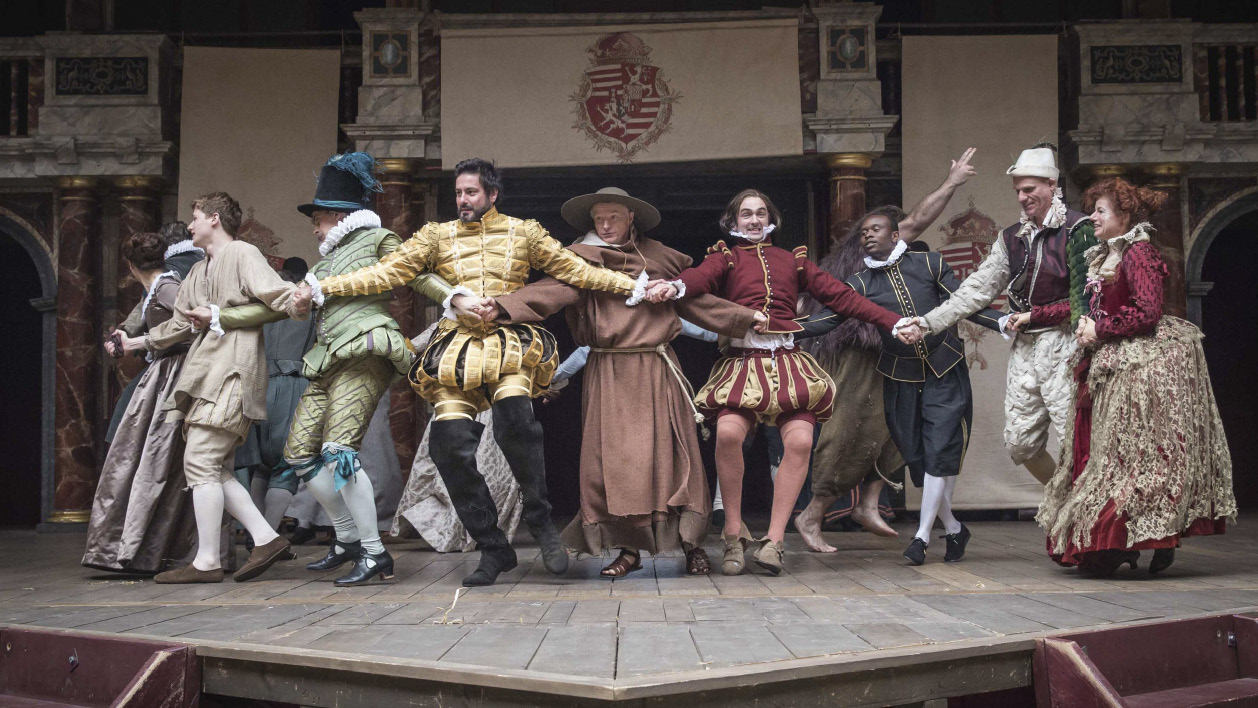Susan Elkin puts forward the case for Christian knowledge as an intrinsic part of English lessons
Every pupil should be taught about Christianity irrespective of background. It has underpinned this country’s culture – law, governance, attitude, art of all sorts – for over seventeen hundred years and simply cannot be ignored by anyone purporting to educate or be educated.
Let me be clear at the outset. I am a religious unbeliever. I am definitely not suggesting that children and young people should be brainwashed with Christian doctrine, made to pray, or that there should be any attempt on schools to “convert” anyone to Christianity (or any other religion for that matter). Rather, I want them to know what Christianity is, what it means and how it works. I’m advocating Christian Knowledge (CK?) not Christian teaching.
I want students to understand the Reformation, to be able to draw intelligent parallels between the Holy Roman Empire and the EU and to see why our law, on the whole, doesn’t operate on the retributive “eye for an eye” principle.
Moreover, without a reasonable level of Christian knowledge you won’t understand much of what you see in art galleries because Christian stories and images have inspired so many artists, especially in Europe. for so long. Think of all those annunciation, nativity, miracle and crucifixion scenes. Who is that, supporting Jesus’s body as it is lifted from the cross? Why is that chap holding a bunch of keys? Who’s that man with the lamb, why is someone in the corner busy writing notes and is that wings on the back of that long haired bloke with the lily? You won’t make head of tail of any of this unless you have Christian knowledge.
And what about buildings? As Christianity spread – long before the Norman Conquest – churches were built and there are still Saxon examples (at Borden, near Sittingbourne in Kent or at Earls Barton in Northamptonshire) for example) to go and marvel at. Then came the great Norman and later cathedrals – often an integral part of the monasteries which Henry VIII “dissolved”. These buildings still dominate our cities. Surely we want our students to understand why?
Christianity has inspired western music for hundreds of years too. Why aren’t we playing students some of the best sacred music (the Lacrimosa from Mozart’s Requiem, the Dies Irae from Verdi’s or Bach’s Jesu Joy of Man’s Desiring and explaining the provenance?
It’s all very well to say that most modern youngsters don’t like or want these works and use it a reason for not bothering. It is the function of real education to introduce them to things they probably wouldn’t otherwise discover for themselves so that they can make valid choices. To do otherwise is to trap them within the confines of their own ignorance. And that’s dismissively patronising.
Don’t forget the literature either. No student will understand, say Shakespeare’s Measure for Measure, the poetry of Gerard Manley Hopkins, Pilgrim’s Progress, Paradise Lost and Trollope’s Barchester Towers (one of the funniest books in English) much more without detailed Christian knowledge. It isn’t just pre-1900 writing either. You won’t get far with Colm Tóibin’s 2012 highly acclaimed novella (and play) Testament of Mary or Jim Crace’s award-winning 1997 novel Quarantine if you don’t know the stories they’re reworking.
Language is always fascinating and crucial to education and much everyday English is shot though with Christian ideas and images. If you say “it’s just a cross I have to bear” or “that’s a miracle” you are, perhaps unconsciously, referring to Christian stories.
We quote the Bible (1611 translation) and the Book of Common Prayer (1662) in everyday speech all the time too. “Jesus wept”, “blessed are the peacemakers”, “false prophets”, “gnashing of teeth”, “the blind lead the blind”, “In sickness and in health”, “dust to dust” and lots more.
I used to use both the Authorised version of the Bible and The Book of Common Prayer as texts in English lessons so that students had a chance to consider the language and assess its influence. It was entertaining and educative, for instance, to compare half a dozen different versions of the Lord’s Prayer or Luke’s account of the nativity.
All of this is, in my view, far more important than any individual teacher’s atheistic squeamishness about doctrine. We happily teach and work with Greek and Roman myths in schools without feeling uncomfortable or any suggestion that any of us personally subscribes to polytheism. So why, for important cultural reasons, can’t we do the same with Christian knowledge?
And it needs to be firmly outside the RE curriculum too. RE teachers are (rightly) focused on spirituality in all its forms especially where that has a bearing on modern social or moral issues. I’m talking mostly about stories and language so Christian knowledge should be part of English lessons.



